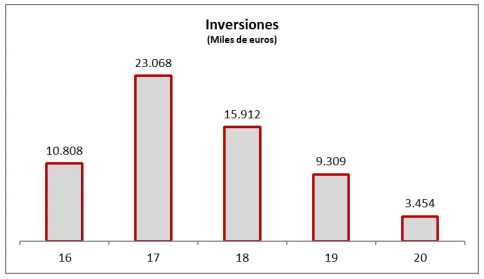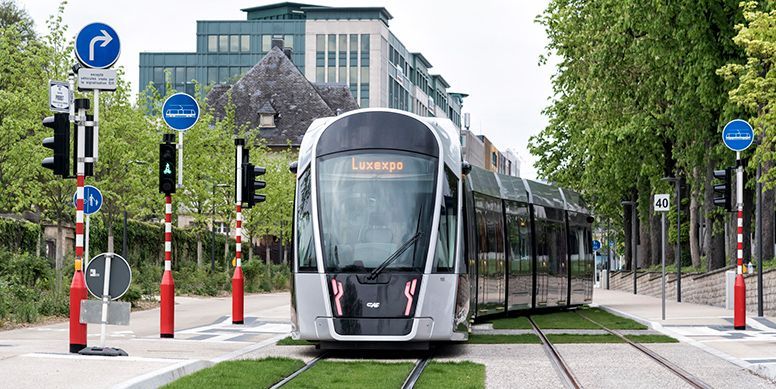Compañía Auxiliar de Ferrocarriles (CAF) reported investments of 5.267 million euros in the first half of 2021, a year-on-year decrease of 17 percent.
Their investments had already been in decline year after year since 2017, to register 3.454 billion euros in 2020.
Regarding its investments in the first half of 2021, it stands out:
In the MiiRA shooting activity, the reform and updating of the hearth of the wheel forging furnace has begun, an investment that must be made periodically.

Likewise, the painting area is being modernized, on the one hand through the acquisition of a new axle painting machine, and on the other hand, through the automation of the wheel painting process, all with the aim of of obtaining improvements in the quality and reduction of the cost of the process.
Regarding the train manufacturing area, CAF continues with the process of transforming the production model that affects all manufacturing phases, and where it can point out the acquisition of new equipment such as sanding robots, paint mixers, stamping machines. electrical sub-assemblies, as well as a new bogie frame three-dimensional measuring machine.
CAF
The company‘s investment in the Zaragoza plant also stands out, which includes the modernization of the facilities and equipment of the warehouse aimed at centralizing the manufacture of the Urbos platform trams, which has the additional objective of optimizing the layout and improving in the maneuvering process.
Regarding the exterior, CAF highlighted the process of expansion and modernization of the plant located in the French town of Bagneres de Bigorre, which this year will focus on the remodeling of the warehouse, to provide it with facilities and equipment that improve the process of storage and management of materials and equipment in the production process of the plant.
All this, to face the increase in the volume of projects that the CAF Group is planning to carry out in France in the coming years.
Fuels and logistics
At the same time, in the bus segment, the investment plan that Solaris is undertaking at its Bolechowo and Sroda Wielkopolska plants in Poland stands out, the objective of which is to modernize and increase the production capacity of its facilities, all motivated due to its current high order book and the subsidiary’s growth forecasts, mainly in the area of low-emission vehicles such as electric or hydrogen bus models.
Likewise, the company mentioned the expansion of the logistics area at the Bolechowo factory, with the start-up of a new warehouse that will improve the plant’s logistics process, as well as the implementation of cargo infrastructures, necessary to deal with the mix. of current products of the subsidiary, with a significant increase in the production of electric buses, and to be able to optimally carry out the high-power load tests of the vehicles.
![]()

